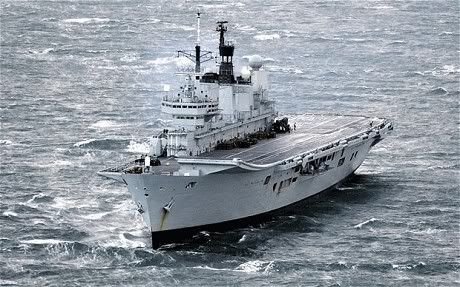In 1985, a French doctor and businessman co-founded the first travel-assistance company, AEA International, specializing in risk mitigation and pre-trip advice for European and Australian corporations operating in Asia. The firm, which is based in London, Philadelphia, and Singapore, changed its name to International S.O.S. in 1998. As global tourism boomed, ISOS expanded into a force that grossed $850 million and handled 1.2 million cases in 2009. (By contrast, Global Rescue handled about 300 cases that year. The company, which is private, declined to reveal revenue.) Travel assistance and crisis response are now a global industry worth billions, and there are no fewer than eight American companies offering those services.
Great article and I really liked the comparisons between this company and the larger ones like ISOS. All of these companies have been busy this year and last, and they have really shown their necessity in these very dangerous times.
The article also brings up a similar theme in business, that you see in war. That when it comes to competition between companies, the underdog companies compete with the larger ones by going after that behemoth’s weakness. That would be the personal touch. They also copy what works in the bigger companies, and find that one little difference in operations or technology that makes them just a little bit better than the bigger companies.
Global Rescue does not handle the same amount of business as the bigger guys, but what they do offer is a more personal service that is appealing to those that want that kind of thing. It is a small company taking advantage of their size and filling a niche within their market. You can have the homemade deluxe burger made by Marge at the local restaurant, or you can pay less for that burger at a major chain like McDonalds. I would also add that this company probably does a better job at customer service and satisfaction? Who knows, and we will see how their service evolves as they get bigger and more popular?
Although I am curious about their cost, versus the other company’s costs? Obviously their clientele are the type that want the personal touch of some former Navy SEAL and his team coming directly to their rescue and saying, ‘we are here to get you out’. Cool stuff and hopefully someone from the company can chime in. –Matt
Global Rescue Website here.
Hero Complex
A brash new company is revolutionizing crisis response by sending ex-military to rescue adventurers. So why all the enemies?
April 2011
By Devon O’Neil
Global Rescue CEO Dan Richards (Photo by Michael Lewis)
“WHAT’S THE LATEST on the lion bite in Zimbabwe?”
Ted Muhlner’s commanding voice fills the room, a spacious seventh-floor office in Boston’s financial district decorated with ten flatscreen TVs and little else. The place looks like a stockbroker’s warren, but it’s not. The 37-year-old Muhlner, a former Navy SEAL with an M.B.A. from Harvard, is senior director of operations for Global Rescue, a seven-year-old company that assists adventure travelers and corporate employees who find themselves in dicey situations far from home. At the moment, surrounded by four paramedics and two ex–military personnel, Muhlner is conducting a 20-minute briefing on the day’s workload, a checklist of ongoing operations around the world.
(more…)
